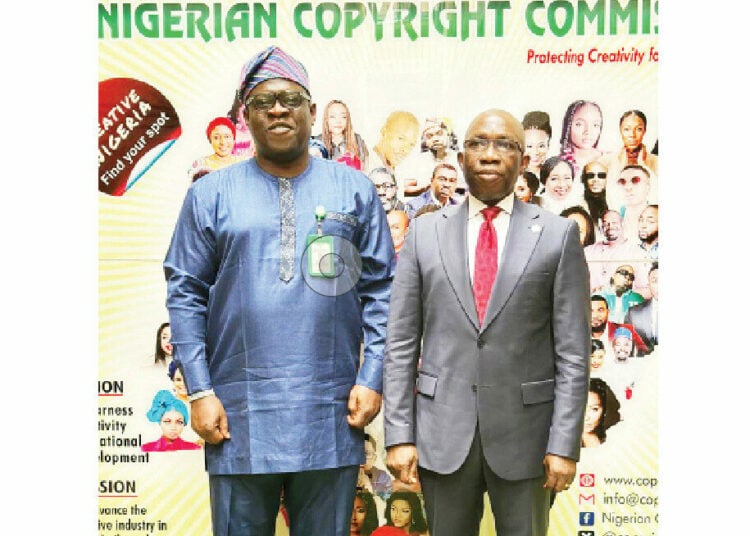Global Tech Under Siege: China's Rare-Earth Curbs Threaten Chip Supply Chain

Businesses across the global semiconductor supply chain are bracing for significant disruptions following China's most targeted move yet to limit supplies of rare-earth materials. These materials are critical to the production of advanced chips, particularly those fueling the artificial intelligence boom. The restrictions represent Beijing's first major attempt to exercise long-arm jurisdiction over foreign companies specifically targeting the semiconductor and AI industries.
The impact is already being felt, with ASML Holding NV, a key supplier of machines for advanced semiconductors, preparing for potential shipment delays of several weeks. A particular concern for ASML is a clause requiring foreign firms to seek China’s approval for re-exports of products containing its rare earths. The company has reportedly been lobbying Dutch and US allies for alternative solutions, though it declined official comment. US chip companies are also assessing the potential fallout, with one senior manager noting the clearest immediate risk is an increase in prices for rare earths-dependent magnets essential to the chip supply chain. Another US chip firm is rushing to identify products containing Chinese rare earths, fearing that the new licensing requirements could bring its supply chain to a halt.
The new rules demand approval for shipping any material containing even trace amounts of Chinese rare earths and explicitly mention parts used to make certain computer chips and advance AI research with military applications. Chip-making machines, like those sold by ASML and Applied Materials Inc., are especially dependent on rare earths due to their use in extremely precise lasers, magnets, and other specialized equipment. Gracelin Baskaran, a critical minerals-focused director at the Center for Strategic and International Studies, characterized these as "the strictest export controls that China has utilized," highlighting China's leverage to ensure compliance from firms worldwide.
The timing of these restrictions has sparked speculation about political motivations, possibly as posturing ahead of a planned trip to Asia by then-US President Donald Trump, which was expected to include a meeting with Chinese President Xi Jinping. Trump strongly reacted to the controls, labeling them "hostile" and threatening a "massive increase" of tariffs on Chinese goods. He accused China of attempting to hold the world captive and asserted that the US possesses its own, potentially stronger, "Monopoly positions" it could now utilize.
The international community has reacted with concern. The White House and relevant US agencies are assessing the impact of these rules, which were announced without notice and are seen as an effort by China to exert control over global technology supply chains. The US House Select Committee on China condemned the restrictions as an "economic declaration of war against the US," with Committee Chairman John Moolenaar stating that China has "fired a loaded gun at the American economy." Germany, Europe’s largest economy, which has already been diversifying its raw material supplies, expressed "great concern" and is in close contact with affected companies and the European Commission to respond. Taiwan, which primarily sources rare earths from Europe, the US, and Japan, is also monitoring the situation for indirect impacts from price fluctuations and supply chain adjustments, noting the need for further assessment on its overall industry.
Recommended Articles
OpenAI Forges Groundbreaking Chip Alliance with AMD for AI Dominance
Semiconductor giant AMD will supply its high-performance AI chips, the Instinct MI450, to OpenAI as part of a new strate...
Huawei's Grand AI Vision: Orchestrating Thousands of Chips into a Unified Superbrain!

Huawei has unveiled its SuperPoD AI infrastructure architecture at HUAWEI CONNECT 2025, enabling thousands of AI chips t...
AI Startup SandLogic Targets Massive $200M Valuation with New Funding Round
Semiconductor start-up SandLogic is in early talks to raise $30-40 million in Series A funding, aiming for a $200 millio...
US Government's $14 Billion Intel Stake Sparks Nvidia Deal Talk

Intel Corp. shares experienced a historic rally following a surprise $5 billion investment from Nvidia Corp. for chip co...
Nvidia Under Fire: China Launches Antitrust Investigation

Trade tensions between China and the U.S. are escalating further, with China's antitrust ruling against Nvidia's past ac...
You may also like...
Maguire Snubs Saudi Riches, Poised for Major Man Utd Role & New Deal

Harry Maguire is reportedly prepared to turn down a staggering £500,000-a-week deal from Saudi Arabian clubs in favor of...
Taylor Swift Endorses Thriller Series, Amasses 25 Million Viewers and Dominates Streaming

Taylor Swift has revealed her love for "The Girlfriend," a gripping Prime Video series that explores the toxic dynamic b...
Hollywood Mourns Legend: Oscar Winner Diane Keaton Dies at 79, Tributes Flood In

Hollywood is mourning the loss of Oscar-winning actress Diane Keaton, who has passed away at 79. Renowned for iconic rol...
Hollywood Icon Diane Keaton Dead at 79: A Storied Career and Private Struggles Remembered

Hollywood icon Diane Keaton has passed away at 79, leaving behind a celebrated career in films like 'The Godfather' and ...
Nigerian Entertainment Under Siege: Regulators Unite to SMASH Digital Piracy!

The National Film and Video Censors Board (NFVCB) and the Nigerian Copyright Commission (NCC) are strengthening their co...
Unlock Youthful Skin: Expert Reveals 4 Winter Skincare Mistakes Silently Ageing You

A skincare expert reveals common winter mistakes that accelerate skin aging and enhance wrinkles. From skipping SPF and ...
Côte d'Ivoire Presidential Race Ignites Amid Escalating Tensions

Cote d'Ivoire's presidential election campaign has officially begun, with five candidates vying for votes ahead of the O...
Multichoice's DSTV/GoTV Sparks Outcry with Imminent 2024 Price Hike

MultiChoice, DStv's parent company, is planning further "inflationary" price hikes across its African subsidiaries in 20...